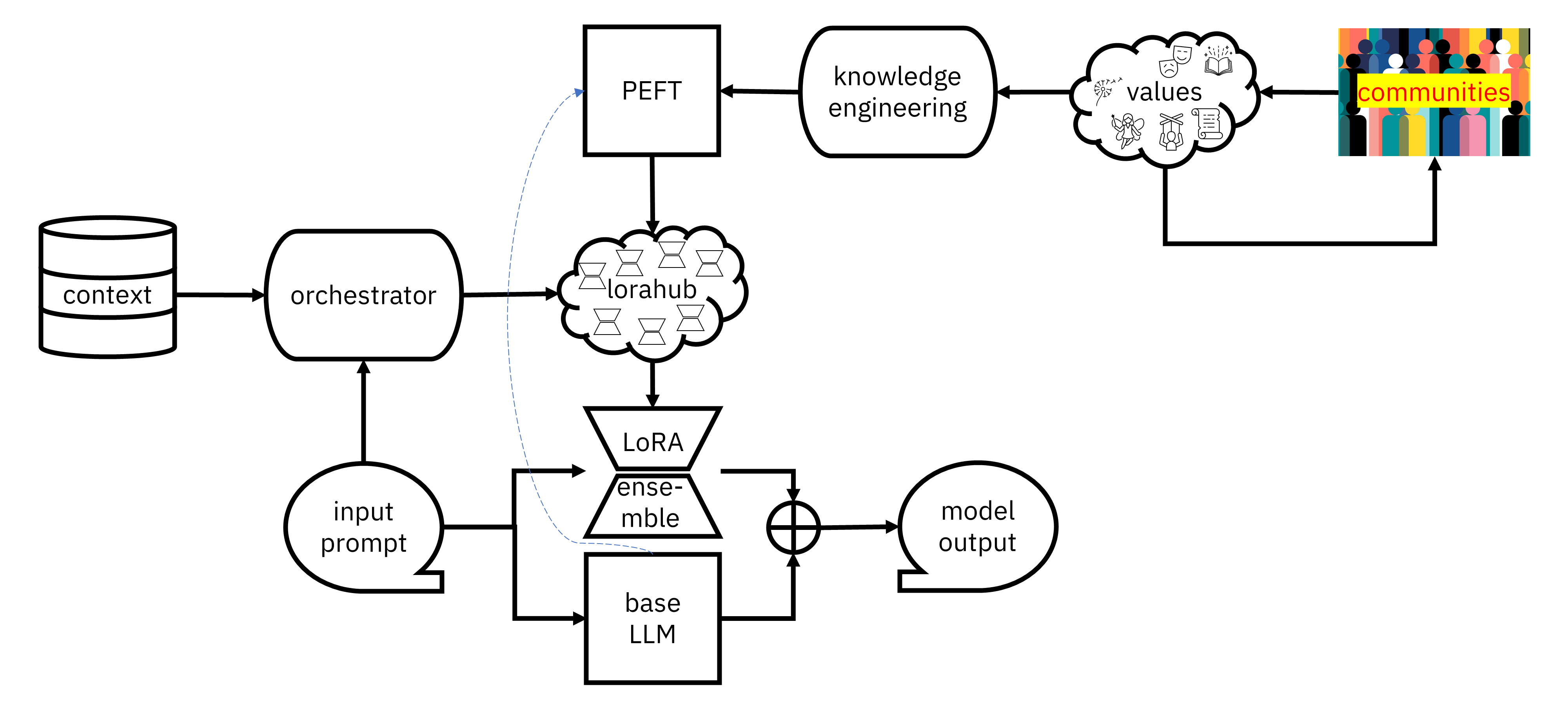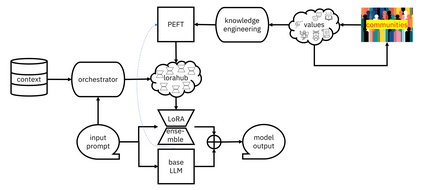Prior work has explicated the coloniality of artificial intelligence (AI) development and deployment through mechanisms such as extractivism, automation, sociological essentialism, surveillance, and containment. However, that work has not engaged much with alignment: teaching behaviors to a large language model (LLM) in line with desired values, and has not considered a mechanism that arises within that process: moral absolutism -- a part of the coloniality of knowledge. Colonialism has a history of altering the beliefs and values of colonized peoples; in this paper, I argue that this history is recapitulated in current LLM alignment practices and technologies. Furthermore, I suggest that AI alignment be decolonialized using three forms of openness: openness of models, openness to society, and openness to excluded knowledges. This suggested approach to decolonial AI alignment uses ideas from the argumentative moral philosophical tradition of Hinduism, which has been described as an open-source religion. One concept used is vi\'{s}e\d{s}a-dharma, or particular context-specific notions of right and wrong. At the end of the paper, I provide a suggested reference architecture to work toward the proposed framework.
翻译:暂无翻译







